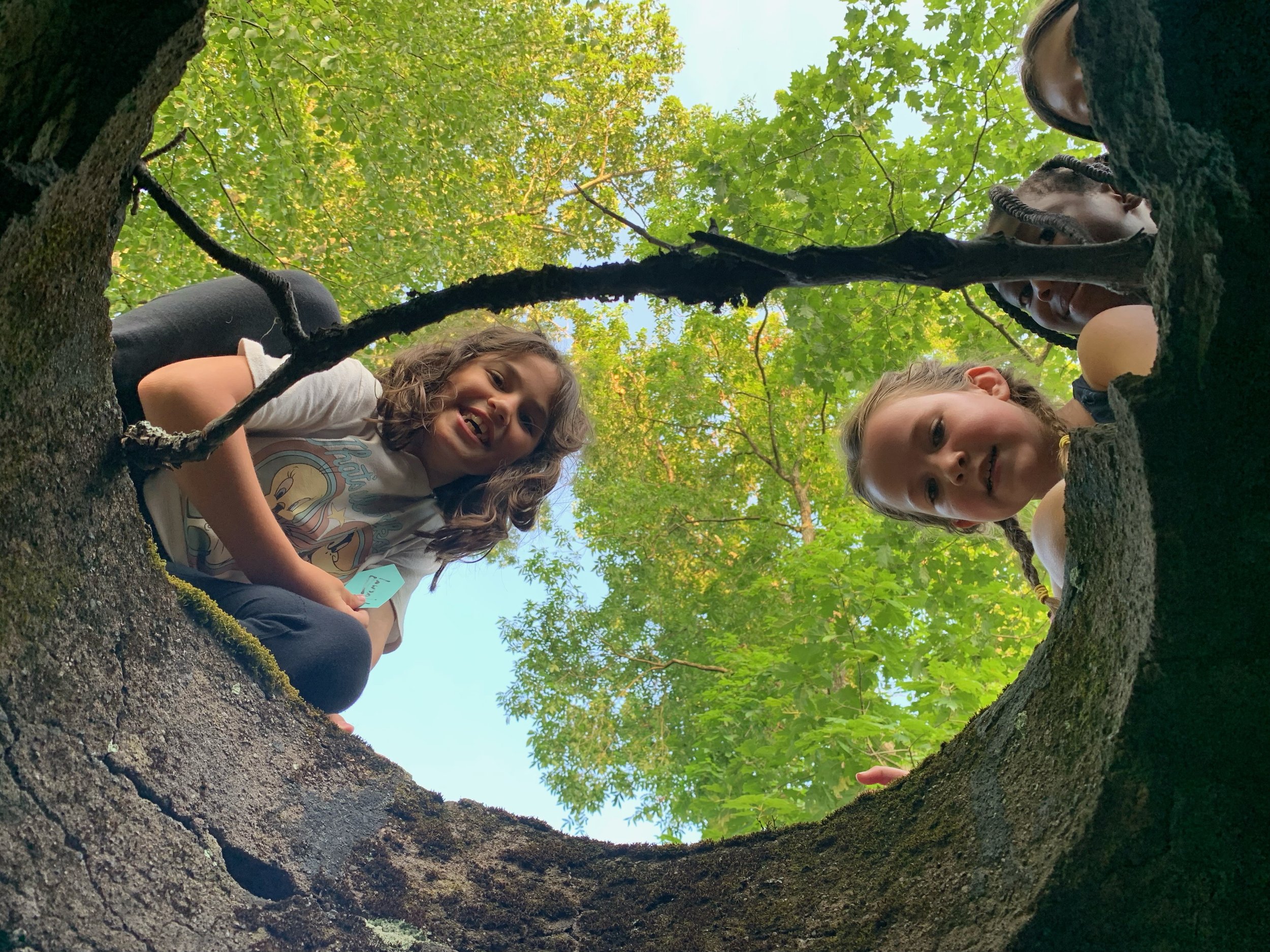
Preparing your Child for Sleep-Away Camp
Sleep-away camp is an exciting milestone, but it can be an emotional, and sometimes difficult, transition for both the camper and their adult. By taking the proper steps to prepare for camp, you can help ensure your camper is set up for success! Here’s a guide on how to prepare your child for their overnight adventure at Camp Nejeda:
1. Discuss Camp
Start conversations about the program well in advance of arrival. If possible, include your camper in the selection of their camp session. Discuss what sleep-away camp is like, the types of activities they might participate in, and the new friends they’ll meet. Scheduling a visit or attending Open House is a great way to familiarize your child with the environment and what to expect. It might even ease your nerves!
2. Encourage Independence
Foster your child’s independence before camp starts. Practice skills they’ll need at camp, like making their bed, organizing their belongings, and basic hygiene practices. Campers are expected to keep track of their things, get out of the cabin in a timely manner, and make food choices at mealtime. If your child is used to taking baths at home, have them start practicing taking a shower and washing their own hair. Encouraging these habits early can make the transition to camp life smoother and help your child feel more confident in their ability to care for themselves.
3. Address Worries
It’s natural for children to feel nervous or have concerns about being away from home. Listen to their fears and acknowledge their feelings. Discuss coping strategies, such as keeping a journal, writing letters home, or talking to a camp counselor. Knowing there are ways to deal with homesickness can be reassuring. Avoid making the promise to pick them up if they aren’t liking camp. Your confidence in their ability to make it through the program will translate to their own confidence.
4. Pack Together
Involving your child in the packing process can help them feel more prepared and in control. Check the camp’s packing list together and make it a fun activity! Packing comfort items like photos and stuffed animals and pre-addressed envelopes together will give them a safety net they are familiar with.
5. Set Communication Expectations
Talk about how and when you’ll communicate during their time at camp. Encourage your child to write letters and reassure them that you’ll stay connected through Bunk1 or by mail. Due to the slow nature of our small town’s post-office, we encourage families to leave mail in the office on intake day.
6. Practice Being Technology-Free
Review the cellphone policy with your camper and start easing them away from technology a few weeks before their registered session. If applicable, add the Dexcom widget to their phone’s lock screen so they are familiar with how it looks and functions. Campers will be expected to have self-regulation skills that do not involve screens.
7. Practice Overnight Stays
If your child has never spent a night away from home, consider arranging a few overnight stays with relatives or friends before camp starts. This can help them get used to being away from home and understand that they can have a good time, even when they’re not in their own bed.
8. Test out our Diabetes Care Strategies
At camp we treat lows with glucose tabs, the occasional juice, and at night—chocolate milk. If your child has never tried tabs, we encourage a taste test! Campers will also be expected to do finger sticks (assisted). We use BD Microtainer Contact-Activated Lancet 30G x 1.5mm.
9. Focus on the Positive & Provide Reassurance
Highlight the fun aspects of camp, like making new friends, learning new skills, and participating in activities they enjoy. Focusing on the positive aspects can help build excitement and overshadow any nerves they may be feeling. Let your camper know that having mixed-emotions about camp is normal!
